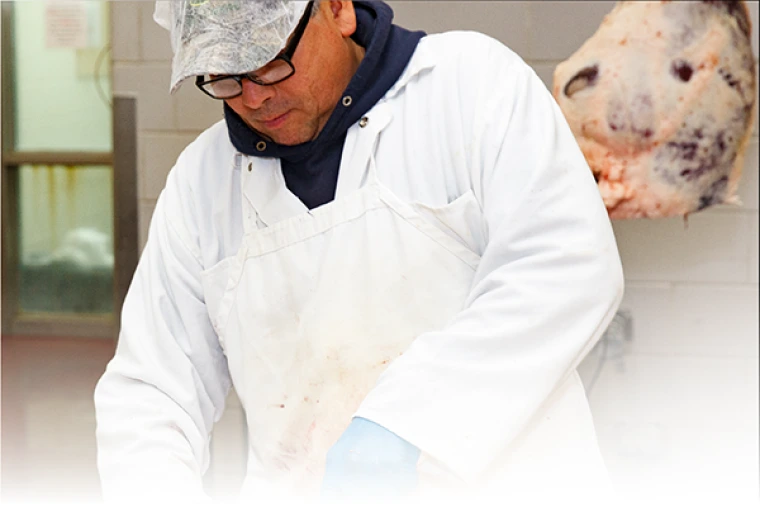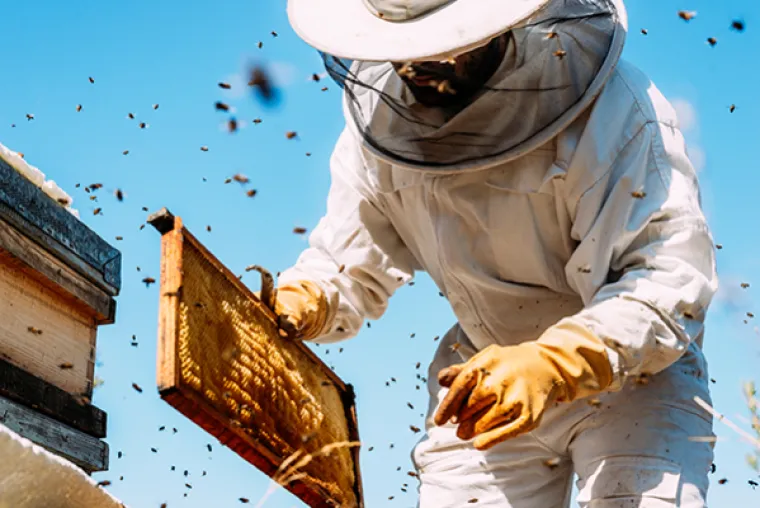Precision Nutrition Certificate Program

Explore the emerging field of precision nutrition and examine how diet, genetics, and early environmental conditions shape individual health.
This program provides an overview of how nutrition influences gene expression, metabolic responses, and long-term wellbeing. Learners will gain insight into how genetic and epigenetic diversity affects health outcomes across the lifespan.
The goal of this program is to provide a foundational understanding of precision nutrition and its relationship to human health and disease.
Who Should Take the University of Arizona Precision Nutrition Certificate Program?
This noncredit program is open to all. You do not need prior healthcare experience. This program is ideal for:
- Recent college graduates working in the helping professions.
- Experienced healthcare professionals looking to update their skill sets, including Dietitians, Wellness coaches, and Public Health professionals.
- Those who are looking to make a shift into precision nutrition or become more knowledgeable about other aspects of personalized nutrition science.
What You Will Learn
- How diet interacts with the genome and epigenome, including how early environmental conditions and human evolutionary adaptation have shaped today’s genetic and epigenetic diversity.
- Mechanisms through which nutrition influences gene expression and metabolic pathways, highlighting how diet contributes to chronic disease risk and long-term health outcomes.
- Ways aging and obesity affect genetic and physiological responses, and how these changes influence personalized nutrition needs.
- Applications of nutrigenomics in real-world contexts, including how genetic variations impact nutrient metabolism, dietary responses, healthy aging, weight management, and disease susceptibility.
- How to interpret and use biomarkers to assess nutritional status, inflammation, metabolic function, and chronic disease risk to support evidence-based personalized nutrition strategies.
Schedule and Format
The program is completely online and self-paced. You will have eight weeks to complete each course.
You should expect to spend about two hours per week on course work, including watching videos, reading, participating in online discussions, completing assignments and taking quizzes.
Class DatesYou can take all three courses or choose to take only one or more individual courses. You may take the courses in any order.
|
Precision Nutrition Certificate Program Courses
What is Included?
- Approximately fifteen hours of learning per course.
- A digital (PDF) Certificate of Completion upon successful completion of each individual course, as well as upon completion of the full four-course program.
- A digital badge upon successful completion of each individual course, as well as upon completion of the full four-course program.
Learn from University of Arizona Faculty

These courses are designed and facilitated by University of Arizona School of Nutritional Sciences and Wellness faculty members:
Ken Wilund, PhD is a Professor and Director at the School of Nutritional Sciences and Wellness.
Maria Luz Fernandez, PhD is an Instructional Designer at the School of Nutritional Sciences and Wellness.
In addition to this non-credit professional certificate program, the School of Nutritional Sciences and Wellness also offers credit-bearing Weight Inclusive Health courses. Learn more about undergraduate weight inclusive health courses.
Registration
You do not need to be located in Arizona or a University of Arizona student to take these courses.
Registering is easy. There is no application required. Just click the red button below to choose your classes and register in our convenient online registration system.











